Essential Selling Skills for Effective Leaders
When you hear the word ‘selling’, what do you think? Is it offensive or invigorating? A necessary evil or a noble profession? And what does leadership have to do with selling?
Leaders define a vision for the future (which usually involves change), align their team with that future vision and inspire them along their journey to reach that vision. In order to get a team aligned, a leader must “sell” the vision for the future. As Dan Sullivan of Strategic Coach says, selling is “getting people intellectually engaged in a future result that’s good for them and getting them to emotionally commit to take action to achieve that result.”
Key selling skills all leaders need:
- Effective communication – A definition of the future
that is murky and ill-conceived creates confusion. Leaders must be able to
communicate effectively, which means that the impact on the person
receiving the message from the leader matches the leader’s intent in
sending the message. Effective communication is unambiguous and powerful
because it conveys its message. If you can’t communicate effectively, it’s
pretty hard to make a sale!
- Emotional intelligence – This refers to the ability
to connect intelligence, empathy and emotions to enhance thinking and
understanding of social, interpersonal dynamics in the workplace. There
was a fallacy for many years that you could expect employees to
“check their emotions at the door”. There are a few problems
with that. First, no one can separate from their feelings. They can stuff
them or hide them, but emotions are part of being human. Second, emotions
are a motivator. Our mentor often said, “logic makes you think but
emotions make you act.” Appealing to logic is necessary but insufficient
because it merely informs. Emotion moves people to action, to change and
toward the vision for the future.
- Ask for the sale – This is an essential skill in selling…and leading! Leaders need to consider how to make the ask. Invite people into the vision for the future, invite them to change, invite them because it’s good for them. As an executive coaching client said to us, “I thought I was a great leader because I could figure out what to do and tell my team. Through our coaching conversations I realized I was being a dictator and not a leader.” Leaders need to stop telling and start selling!
Be a leader who “gets people intellectually engaged in a future result that’s good for them and gets them to emotionally commit to take action to achieve that result.”

